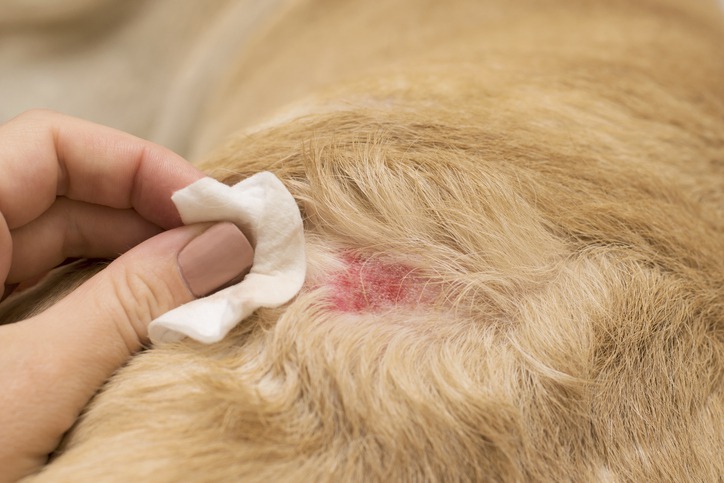
Tackling Seasonal Allergies in Your Pet: A Comprehensive Guide
Dealing with seasonal allergies is tough enough for us humans, but did you know that our pets can suffer from them too? If your furry friend is scratching more than usual or seems under the weather during certain times of the year, they could be experiencing seasonal allergies. Let’s break down how to identify these allergens and what steps you can take to help your pet feel better.
How to Manage Seasonal Allergies in Pets
The key to managing seasonal allergies in pets lies in understanding what triggers them and how to mitigate their impact. Here’s a step-by-step guide to help you through the process:
Identifying Symptoms
Seasonal allergies in pets often manifest through various symptoms. Keep an eye out for the following signs:
-
Excessive scratching or licking
-
Red, inflamed skin
-
Watery eyes
-
Runny nose
-
Ear infections or itching
-
Hair loss
-
Frequent sneezing
If you notice these symptoms, it’s time to consider whether your pet might be reacting to seasonal allergens.
Consulting Your Vet
Once you’ve identified potential symptoms, consulting your vet is the next crucial step. They can help diagnose the issue and rule out other potential causes. Don’t hesitate to reach out if you’re concerned.
Minimizing Exposure to Allergens
Reducing your pet’s exposure to allergens can significantly alleviate their symptoms. Here are some practical tips:
-
Keep windows closed during high pollen seasons.
-
Use air purifiers to reduce airborne allergens.
-
Regularly bathe your pet to remove pollen from their fur.
-
Wipe down your pet’s paws and fur after outdoor walks.
-
Keep your home clean and dust-free.
Medications and Treatments
If minimizing exposure isn’t enough, your vet might recommend medications or treatments to help manage the symptoms. Common options include:
-
Antihistamines
-
Anti-inflammatory medications
-
Special shampoos and conditioners
-
Allergy shots (immunotherapy)
These treatments can provide significant relief and make your pet more comfortable during allergy season.
Consider Diet Adjustments
Sometimes, a diet change can help manage allergies. You might want to explore hypoallergenic foods or supplements that support skin health. Speak with your vet about the best dietary options for your pet.
Regular Check-ups
Regular check-ups are essential for keeping your pet’s allergies under control. Frequent visits to a puppy vet can help monitor their condition and adjust treatments as necessary.
Preventive Measures
Preventing allergies from flaring up is always better than treating them. Here are some preventive measures you can take:
-
Maintain a consistent grooming schedule.
-
Keep your pet’s living environment clean.
-
Pay attention to seasonal changes and prepare accordingly.
-
Monitor your pet’s behavior and health closely.
Importance of Dental Care for Pets
While dealing with seasonal allergies, it’s essential to also focus on your pet’s overall health, including their dental care. Poor dental hygiene can lead to various health issues, including infections that can exacerbate allergy symptoms. Regular dental check-ups and cleanings are crucial for your pet’s well-being.
Signs of Dental Issues
Here are some signs that your pet may have dental problems:
-
Bad breath
-
Difficulty eating
-
Loose or missing teeth
-
Red or swollen gums
-
Pawing at the mouth
If you notice any of these signs, it’s important to consult with a vet or a vet dentist. They can provide a thorough examination and recommend appropriate treatments.
When to Seek Professional Help
There are times when professional help is absolute. If your pet’s symptoms persist despite taking preventive measures, you should consult your vet. They might suggest specialized treatments or refer you to a dermatologist for pets.
For example, if preventive measures aren’t helping, your vet may recommend a cat and dog allergy treatment plan tailored specifically to your pet’s needs. This approach ensures that your pet gets the care and attention they need to manage their allergies effectively.
Final Thoughts
Managing seasonal allergies in pets can be challenging, but with the right information and proactive steps, you can help your furry friend feel their best. Remember to monitor symptoms, minimize exposure to allergens, consult your vet, and follow through with recommended treatments. By doing so, you’ll ensure a happier and healthier life for your pet.
